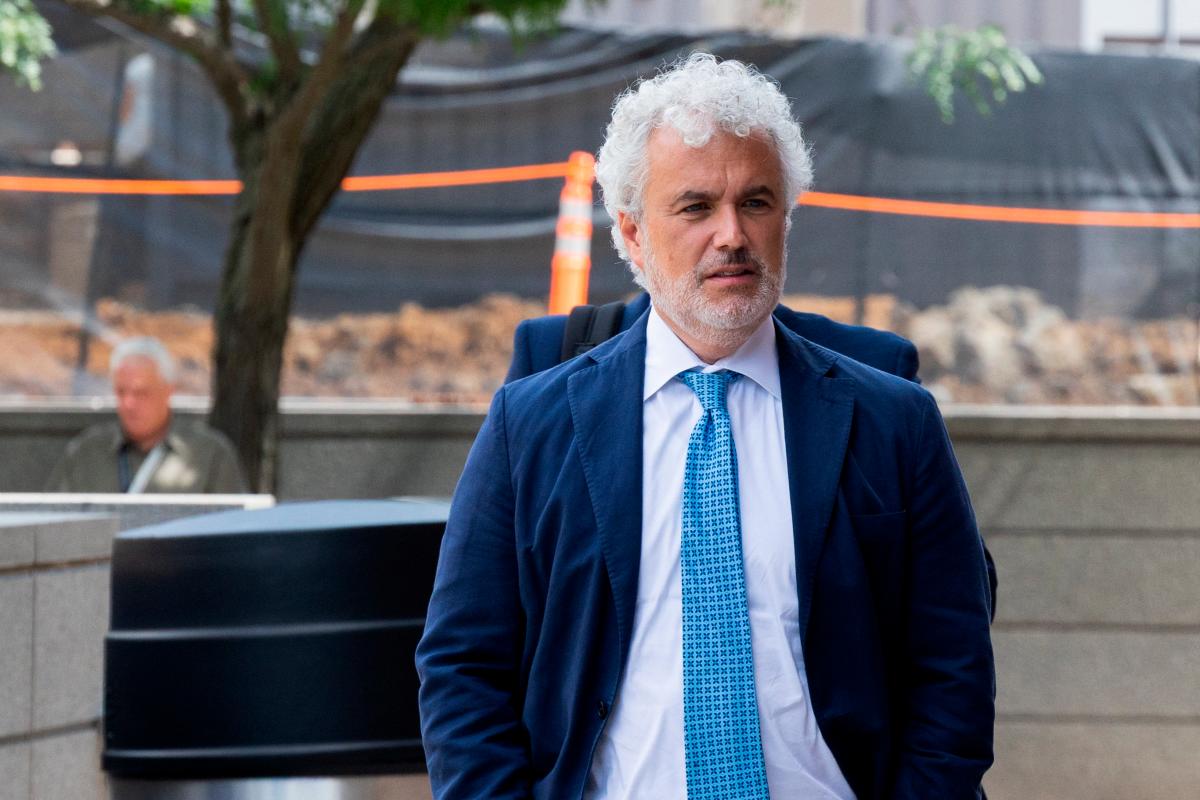WILMINGTON: Facebook's board was not trying to protect founder Mark Zuckerberg in 2019 when it agreed to pay a $5 billion regulatory fine to resolve claims over its privacy practices, but was instead focused on growth, a former company director testified on Wednesday.
Jeffrey Zients, White House chief of staff under President Joe Biden and a Meta Platforms director for two years starting in May 2018, was the first defendant to take the stand on Wednesday in the $8 billion non-jury trial before Kathaleen McCormick, chief judge of the Delaware Chancery Court. Facebook changed its name to Meta in 2021.
Zients testified that the Federal Trade Commission initially sought “tens of billions of dollars” but was willing to accept $5 billion and the company felt it was important to reach a deal that did not name Zuckerberg as a defendant.
“There was no indication he did anything wrong,“ Zients told the court. He said Zuckerberg was a “driving force” as chief executive for the company and “it was important he continued in that role.”
The trial began on Wednesday and is scheduled to last until July 25.
A group of Meta shareholders, mostly union pension funds, allege Zuckerberg and former Chief Operating Officer Sheryl Sandberg ran the company as an illegal data harvesting operation and the board completely ignored their duty to oversee top management.
Shareholders want McCormick to order the 11 defendants to reimburse Meta for more than $8 billion in fines and legal costs that Facebook paid to resolve claims that it had violated users' privacy in violation of a 2012 agreement with the Federal Trade Commission.
The case was brought following revelations that data from millions of Facebook users was accessed by Cambridge Analytica, a now-defunct political consulting firm that worked for Donald Trump's successful U.S. presidential campaign in 2016.
Other defendants include venture capitalist and current board member Marc Andreessen as well as former board members Peter Thiel, Palantir Technologies co-founder, and Reed Hastings, co-founder of Netflix.
A lawyer for the defendants, who have denied the allegations, declined to comment.
The defendants have said in court filings that Facebook was the victim of Cambridge Analytica’s “deceit.”
McCormick, the judge who last year rescinded Elon Musk's $56 billion Tesla pay package, is expected to rule on liability and damages months after the trial concludes.
On Wednesday morning, Neil Richards of Washington University Law School, an expert for the plaintiffs, described what he called “gaps and weaknesses” in the company’s privacy program.
But under cross-examination, Richards acknowledged that he could not say if the company had violated the 2012 agreement with the FTC -- a central claim to the case.
Meta, which is not a defendant, declined to comment. On its website. The company has said it has invested billions of dollars into protecting user privacy since 2019.
The lawsuit is considered the first of its kind to go to trial that alleges that board members consciously failed to oversee their company. Known as a Caremark claim, such lawsuits are often described as the hardest to prove in Delaware corporate law.
Four months ago, Delaware lawmakers overhauled the state's corporate law to make it harder for shareholders to challenge deals struck with controlling shareholders like Zuckerberg. The bill, which did not address Caremark claims, was drafted after the state's governor met with representatives of Meta.
Andreessen Horowitz, the venture capital fund co-founded by Andreessen, said this month it was reincorporating in Nevada from Delaware and encouraged other companies to do the same. The company cited the uncertainty of the state's courts and referenced the Musk pay ruling.
Andreessen is expected to testify on Thursday - REUTERS









